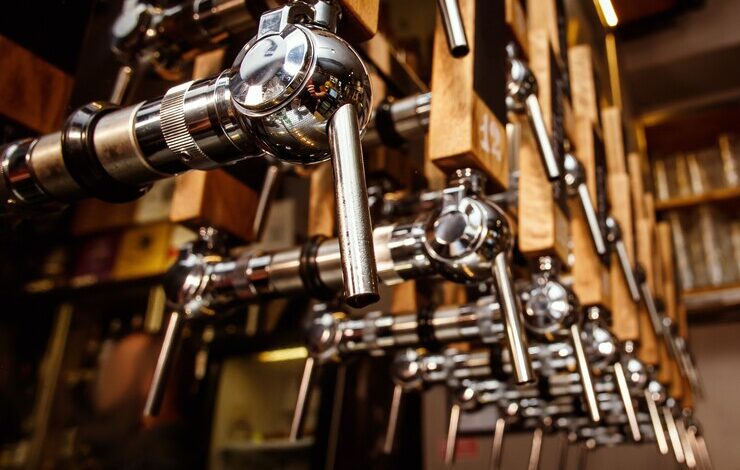How to start a Craft brewery or distillery in South Africa

Craft breweries and distilleries have gained significant popularity in South Africa, as discerning consumers seek unique and locally produced beverages. If you have a passion for brewing or distilling, starting your own craft brewery or distillery can be an exciting and rewarding venture. This article will guide you through the essential steps to successfully launch your craft business in South Africa.
- Research and Planning: Before embarking on your craft brewery or distillery journey, conduct thorough market research to understand the demand for craft beverages in your target area. Identify your niche, assess competitors, and evaluate consumer preferences to determine the viability of your business idea. Develop a comprehensive business plan that includes financial projections, marketing strategies, and operational details.
- Legal and Regulatory Requirements: Complying with legal and regulatory requirements is crucial to operate a craft brewery or distillery in South Africa. Register your business with the Companies and Intellectual Property Commission (CIPC) and obtain the necessary licenses and permits. These may include a manufacturing license, liquor license, health and safety certificates, and compliance with tax obligations. Consult legal professionals or industry associations to ensure you meet all legal obligations.
- Location and Infrastructure: Choosing the right location for your craft brewery or distillery is paramount. Consider factors such as accessibility, proximity to target markets, availability of utilities, and space requirements for production and storage. Invest in appropriate infrastructure, including brewing or distilling equipment, fermentation vessels, storage tanks, bottling or canning machinery, and quality control systems. Maintain a clean and hygienic production environment to ensure product integrity.
- Ingredient Sourcing and Quality: Craft beverages are known for their unique flavors and high-quality ingredients. Establish relationships with reputable suppliers to source fresh, local, and high-quality raw materials such as malts, hops, yeast, and water for brewing or botanicals for distilling. Opt for sustainable and ethical sourcing practices to resonate with conscious consumers. Implement rigorous quality control measures throughout the production process to maintain consistency and excellence in your products.
- Branding and Marketing: Develop a compelling brand identity that resonates with your target audience. Create a captivating brand name, logo, and packaging that reflect the essence of your craft brewery or distillery. Build an engaging online presence through a website and social media channels to showcase your products, share your story, and connect with consumers. Collaborate with local bars, restaurants, and retail outlets to increase brand visibility and establish partnerships.
- Product Portfolio and Innovation: Craft beer and spirits enthusiasts appreciate variety and novelty. Create a diverse product portfolio that caters to different tastes and preferences. Experiment with flavors, styles, and aging techniques to offer unique and distinctive beverages. Engage with your customers, gather feedback, and adapt your products to meet evolving trends and demands. Participate in industry events, festivals, and competitions to gain exposure and recognition.
- Distribution and Sales: Establish a well-defined distribution strategy to ensure your craft beverages reach the target market efficiently. Explore partnerships with distributors, wholesalers, and retailers who specialize in craft beverages. Consider online sales platforms, direct-to-consumer models, and taproom sales if regulations permit. Invest in effective inventory management systems to monitor stock levels, track sales, and optimize production.
- Customer Experience and Engagement: Craft breweries and distilleries thrive on building strong relationships with customers. Offer memorable experiences through brewery or distillery tours, tasting events, and educational workshops. Engage with customers on social media, respond to their feedback, and encourage them to become brand ambassadors. Create a sense of community by hosting events, collaborating with local artisans, and supporting charitable initiatives.
- Continuous Learning and Improvement: The craft beverage industry is dynamic and continuously evolving. Stay updated with industry trends, attend workshops, conferences, and join industry associations to network with fellow brewers and distillers. Embrace feedback, continuously refine your processes, and strive for innovation and excellence.
Starting a craft brewery or distillery in South Africa requires careful planning, attention to detail, and a passion for crafting exceptional beverages. By following these essential steps and staying committed to quality, innovation, and customer engagement, you can establish a successful and thriving craft business that contributes to the vibrant South African beverage industry. Cheers to your brewing or distilling adventure!




